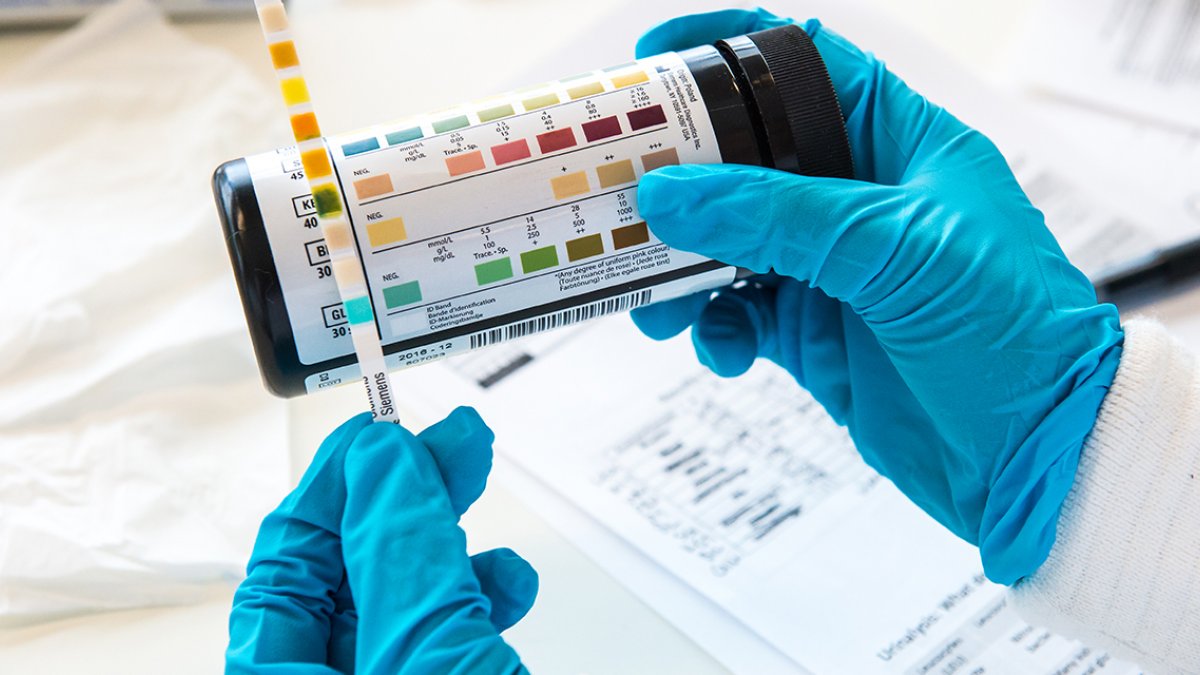
appreciate and value the importance of research and the advancement of knowledge for the progress of society.possess knowledge and skills that are fundamental to the formulation, conduct, and reporting of clinical or basic science research.be sensitive to the humanistic aspects of healthcare and healthcare-related services.have the ability to think critically, communicate effectively, work collaboratively, and function comfortably in various cultural, political, and social environments within the context of healthcare and the biomedical sciences.


Graduates from the biomedical science program will: Students take classes in translational science using immunology and infectious diseases, genetic and neurological conditions, and cancer as models. The second series allows students to apply their scientific knowledge to particular diseases. The first series addresses doctor-patient communication, health care organizations and leadership in medicine. In the senior year, students complete two series of classes. The junior year is largely spent in the research lab and preparing for graduate and professional school exams and applications. These skills are carried into the sophomore year as students focus on research being conducted at Ohio State by reading research manuscripts written by faculty of The Ohio State University Wexner Medical Center and discussing the manuscripts with the authors. Students begin taking major course work in their freshman year as they learn to conduct scientific literature searches, develop a research hypothesis, and begin to read and analyze biomedical science literature. The biomedical science curriculum is designed to be both rigorous and flexible. courses in biomedical science, including an extensive research experience.

advanced science electives in areas such as anatomy, physiology and biochemistry.traditional pre-med courses in biology, chemistry, organic chemistry and physics.In addition to General Education courses, the biomedical science major requires the following:


 0 kommentar(er)
0 kommentar(er)
